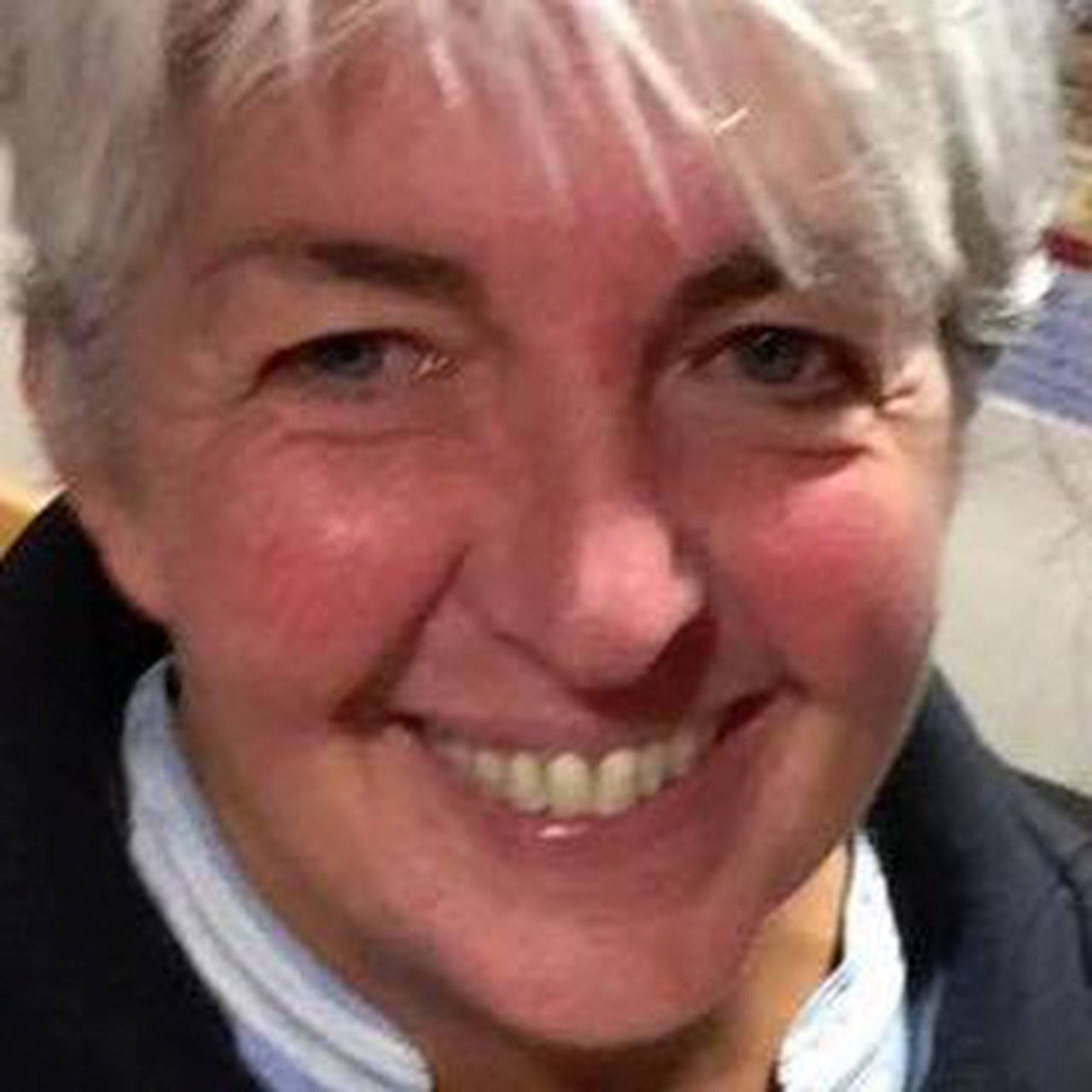At this time of year, there is no time to waste on a farm, no time for new things, no time for things to break, no time to get them fixed…with so much in process there just is no time for one more thing.
Which is precisely why now is the time the Organic Farm School asks students questions like: What’s working? What’s not working? What can we stop doing? What do we absolutely have to start doing right now? What can we do differently? Who do we need to be talking to? Who needs to know what we’re doing and how do we connect with them? What do we need to change for next year?
If we don’t ask such questions right now, we might be missing opportunities, making life harder than it needs to be, losing money on ventures that are poorly timed, etc.
Such reflective practice may seem more appropriate for businesses with doors that close, phones that can be muted and staff who can take notes.
Can small scale farms really afford such a luxury?
Only if they want to continue to be in the business of growing food.
Which is why, when students were showing signs of frustration, being overwhelmed and fatigued, we sat to ask those questions.
Students identified time sinks, considered possible alternatives, questioned if such changes would be fair to customers, asked if they would genuinely free up time for other work or just make tasks harder. They drew attention to problems without blame, instead focusing on the diversity of solutions. They kept the conversation going and on track.
They decided on experimental changes in how we get CSA shares to Seattle, worked through possibilities for covering gaps in the Redmond market schedule, brainstormed thoughts on expanding work with local restaurants and more. They also decided to leave some things alone and just keep on keepin’ on.
These students started their farming career track just four months ago. On average, they spend 10 hours a week in the classroom coupled with instruction in the midst of the crops, field work and visits to more than 20 other farms.
We don’t teach the easy stuff at the OFS. We teach to and with the complexities of growing food as a livelihood.
We acknowledge that there are some hurdles that routinely arise and others that may come up once in a farming lifetime.To succeed over the long term, farmers need to be ready to wrestle with both kinds and everything in between.
Sometimes they’ll have help, other times they’ll be on their own. Halfway through, students are getting it.
Last month, they successfully ran production and harvest without supervision.
This month, they are taking on more responsibility for equipment and site management. They’re also jumping head first into the creation of their personal business plans.
They are learning that when you don’t have time to ask questions, that is precisely when you need to ask them.
• Judy Feldman is the executive irector of the Organic Farm School located in the Maxwelton Valley on Whidbey Island.



